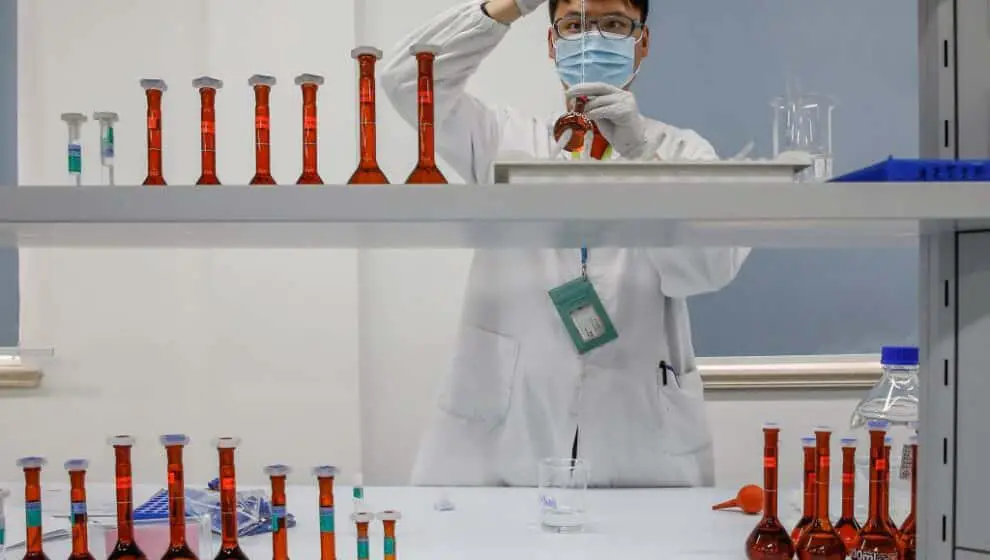Because of artificial intelligence (AI), finding new drugs to address patient needs could happen faster than ever.
Key Details
- Today, researching new drugs costs around $3 billion and takes more than 10 years, and many times researchers are not even successful after all of that research.
- However, AI technology may have the power to change that and bring about an era of cost-effective and successful drugs, according to Stansberry Research analyst Matt McCall.
- By using powerful predictive models found in AI technology, researchers can perform a decade’s worth of testing in mere weeks.
Why it’s news
Prescription drug prices are high. For example, more than 7 million Americans depend on insulin, yet in some extreme cases, insulin can cost a patient $1,848 per month for four insulin pens. The actual cost a patient pays varies wildly depending on insurance and other factors.
Many necessary, life-saving drugs are priced high due to the expensive research and development that happens before the prescriptions ever hit the market. If AI can even partially reduce the length of time required for sufficient research, prescription drugs could become much more affordable, and necessary medications could become available to patients much more quickly.
Not only could AI in the drug development sector represent life-saving medication for patients, but it also opens up a multi-billion industry opportunity, according to estimates from Morgan Stanley. In a 2022 report, Morgan Stanely estimated that improvements to the drug development sector using AI could translate to around 50 additional novel therapies over the next decade, translating to a $50 billion industry.
Since about 2012, investment in AI drug discovery has grown significantly. While it is a newer industry, it is rapidly developing, McCall reports. Around 2022, there was almost no investment in this sector. Last year, investment reached around $25 billion.
While much of the conversation about AI focuses on whether or not it will take away jobs or how it will improve the tech industry, the potential effects on healthcare could mean life-saving development for tens of millions of people over the next decade.
